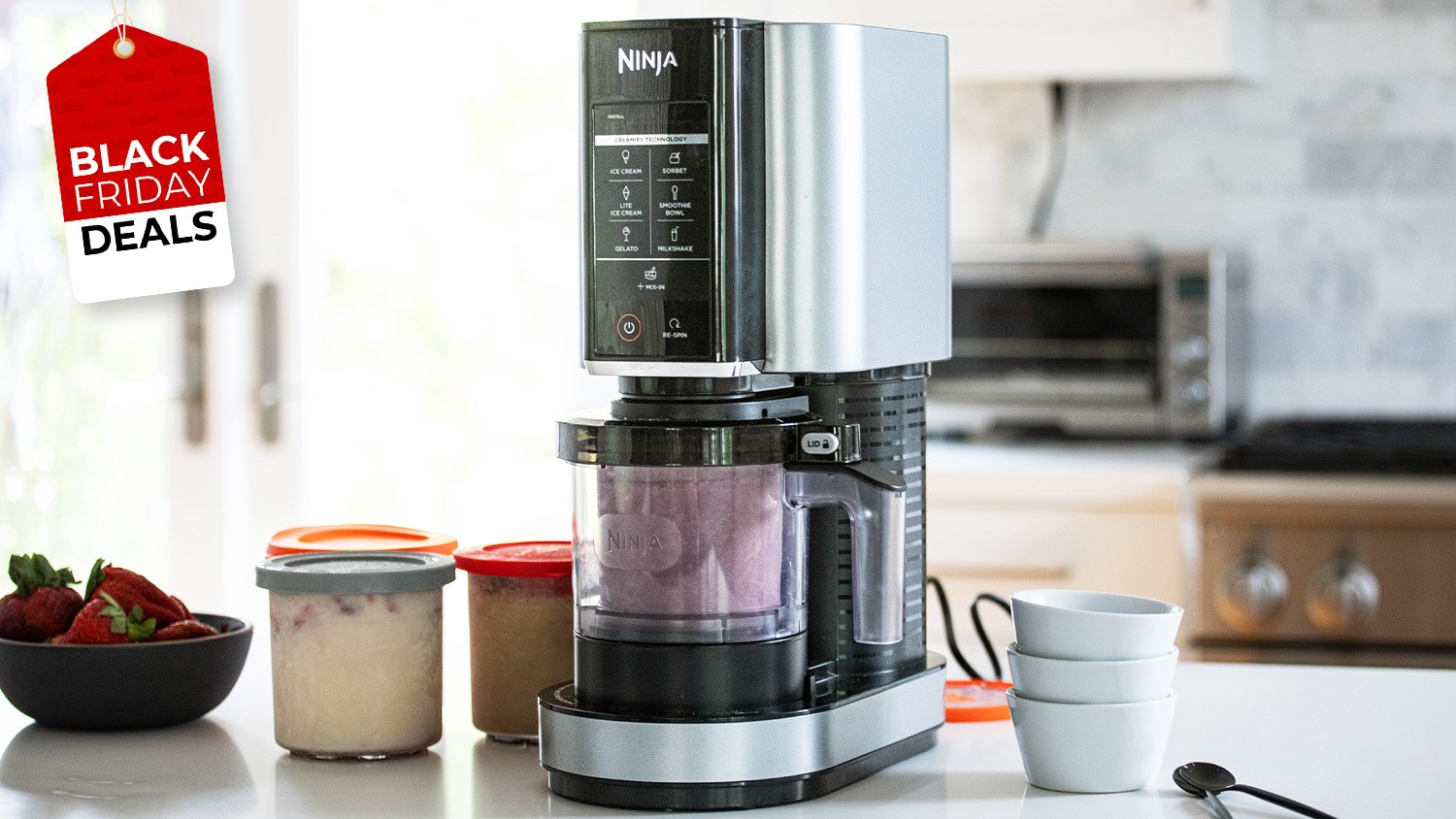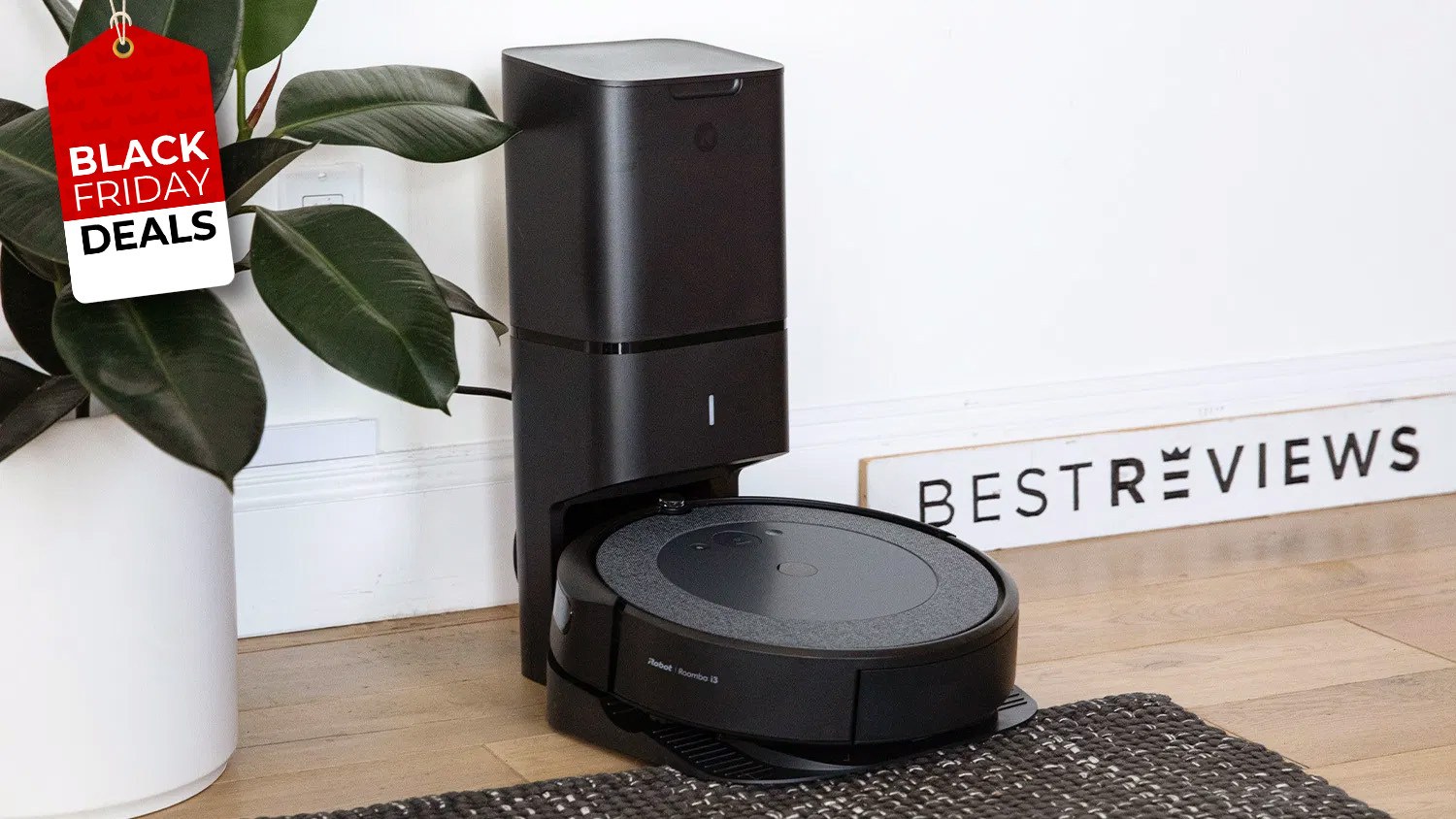It took Caitlyn Jenner 77 days to hold her first press conference after announcing she would run for California governor, and the event Friday ended in less than 15 minutes, was light on policy specifics and she flubbed details about polling that showed her having tepid public support.
Belying her celebrity as a reality TV personality and former Olympian, the brief meeting with about two dozen reporters took place in a nondescript hotel conference room with no visible security. After a two-minute opening statement in which she lamented the state’s high taxes, she answered 10 questions in about 11 minutes, responding with brief answers before the exchange was cut off by an aide.
Jenner said she is a serious candidate in the Sept. 14 recall election of first-term Democratic Gov. Gavin Newsom and claimed she is leading the field of Republican candidates, even though no independent polling has been done that shows that.
“I’m here to win it,” she said.
She also dismissed criticism of her spotty voting record — “I voted when I needed to” — said she would spend the final month of the campaign on a bus tour of the state and planned to release her tax returns next week.
Jenner also suggested building desalination plants to produce more water for the drought-ridden state but provided no specifics about when or where such facilities could be built.
Jenner, who won the Olympic decathlon in 1976 and decades later came out as a transgender woman, said she is better known than any other GOP candidate and even Newsom. The governor has been in office more than two years and earlier served as lieutenant governor and San Francisco mayor.
“I have a tremendous advantage, obviously, because of name recognition,” she said. “To be honest with you, I’ve been in a lot of races in my life, and I know how to win. I just keeping working hard.”
Jenner also shrugged off polling released last spring that showed she had little public support. However, in referring to the Berkeley IGS Poll issued May 11, she stated incorrectly that it came out in April and was conducted before she entered the race. The poll was conducted April 29 through May 5, after Jenner announced her candidacy on April 23.
After an initial burst of publicity, Jenner has faded from the campaign spotlight while other GOP candidates have sought to raise their profiles.
They include San Diego Mayor Kevin Faulconer and businessman John Cox, who was defeated by Newsom in 2018. State Assemblyman Kevin Kiley also entered the race last week, and conservative radio host Larry Elder is considering a run.
The 71-year-old Jenner has anchored her campaign to televised media interviews, which have included embarrassing stumbles that highlighted her inexperience, including recently acknowledging she wasn’t deeply versed in Newsom’s latest budget.
She appeared to embrace the role of campaign neophyte.
“You got to prepare yourself, you got to get better with the issues, you got to understand the issues,” Jenner said, comparing it to athletic training.
Her candidacy has brought a hostile reaction from some members and groups within the LGBTQ community, which frequently cited her ties to former President Donald Trump.
Jenner supported Trump in 2016 but later criticized his administration’s reversal of a directive on transgender people’s access to public school bathrooms. She also split with Trump after he said transgender people would not be allowed to serve in the U.S. military.
She said Friday that she doesn’t want Trump’s endorsement and hadn’t spoken to him about the campaign.
Meanwhile Friday, attorneys for Newsom were in court seeking a ruling that would allow him to list his Democratic Party affiliation on the recall ballot. He sued the Democratic secretary of state he appointed, Shirley Weber, after Newsom’s campaign failed to file the appropriate paperwork to list his party. Those opposing any change include Jenner.
Sacramento County Superior Court Judge James Arguelles said he will issue a written ruling Monday after the Democratic officials argued that Newsom merely missed a harmless filing deadline in February 2020 and that it is in voters’ best interest to know his party affiliation.












